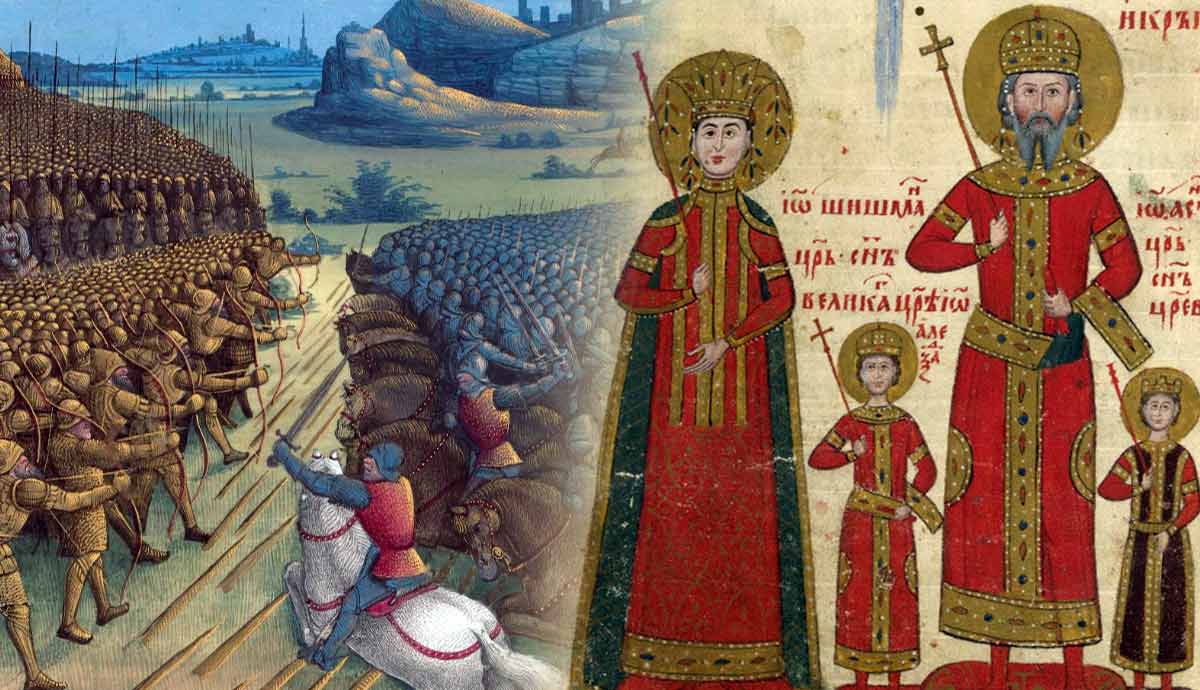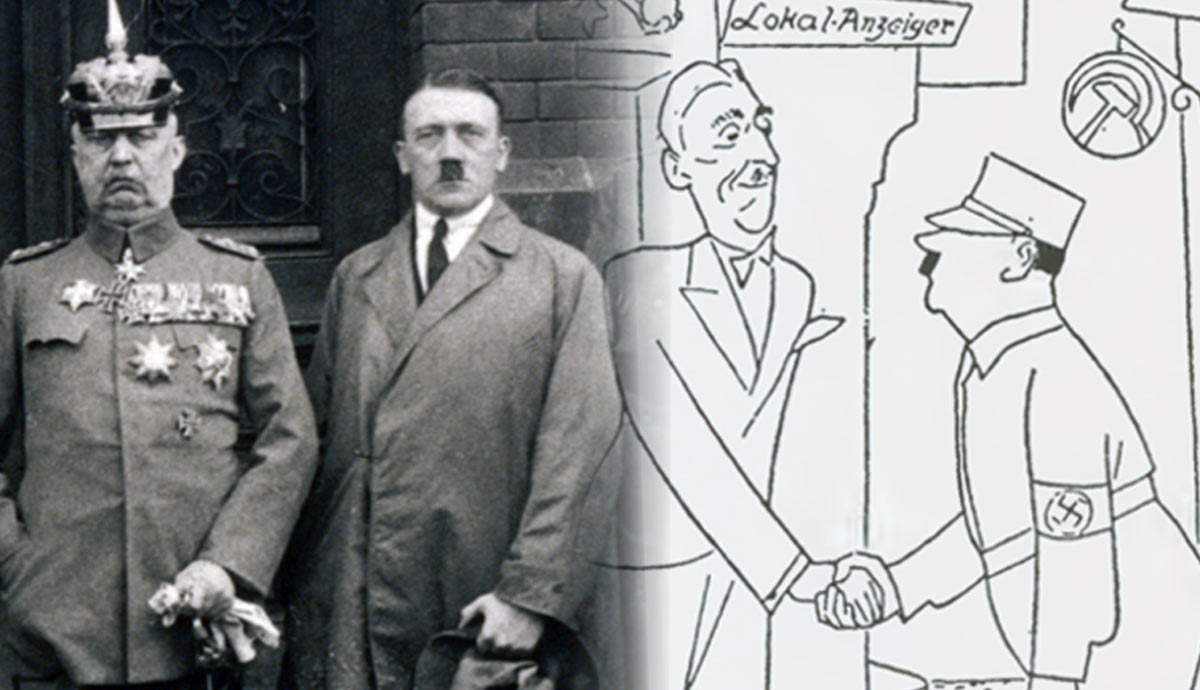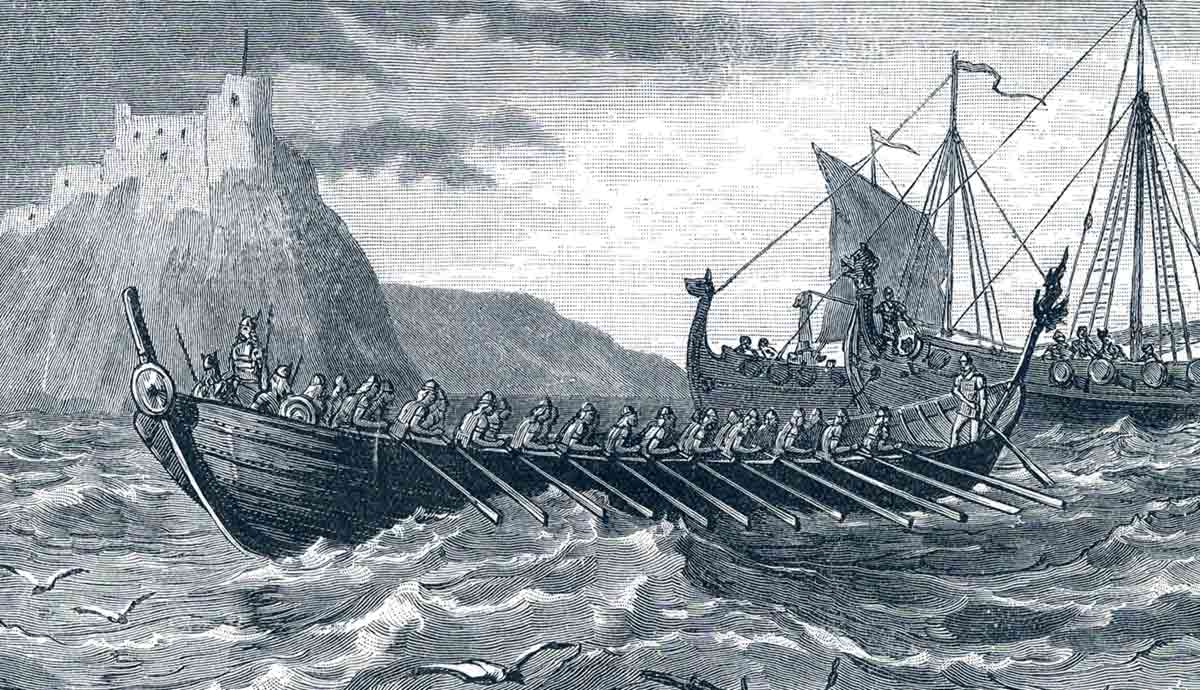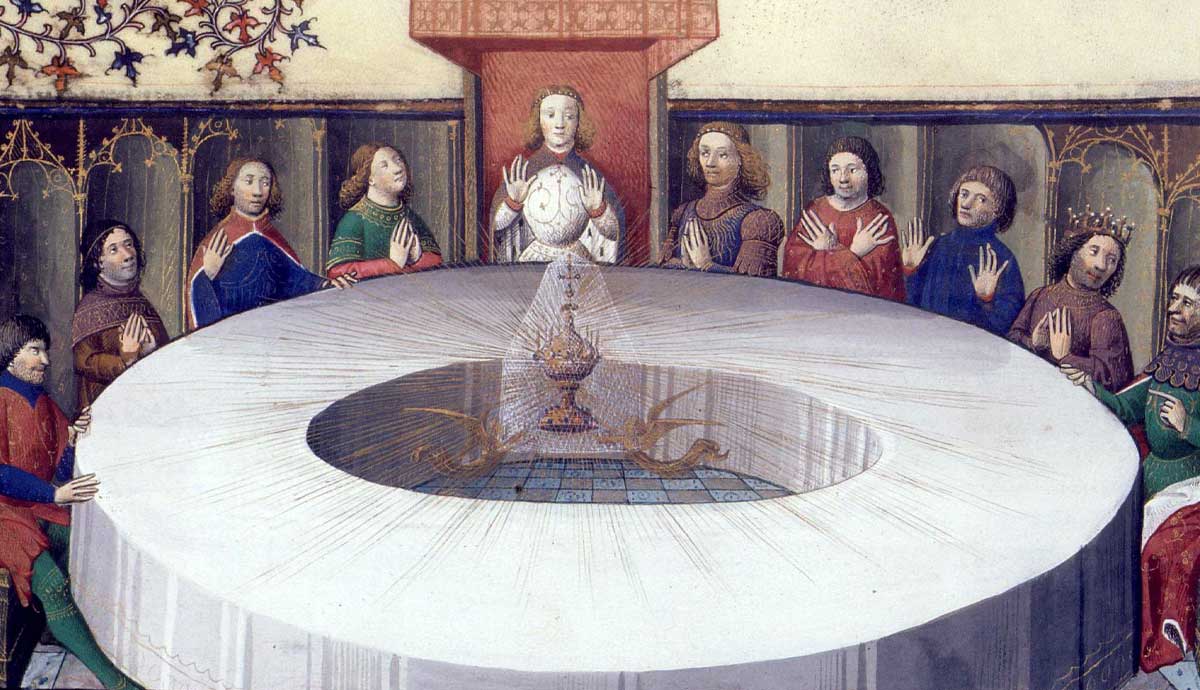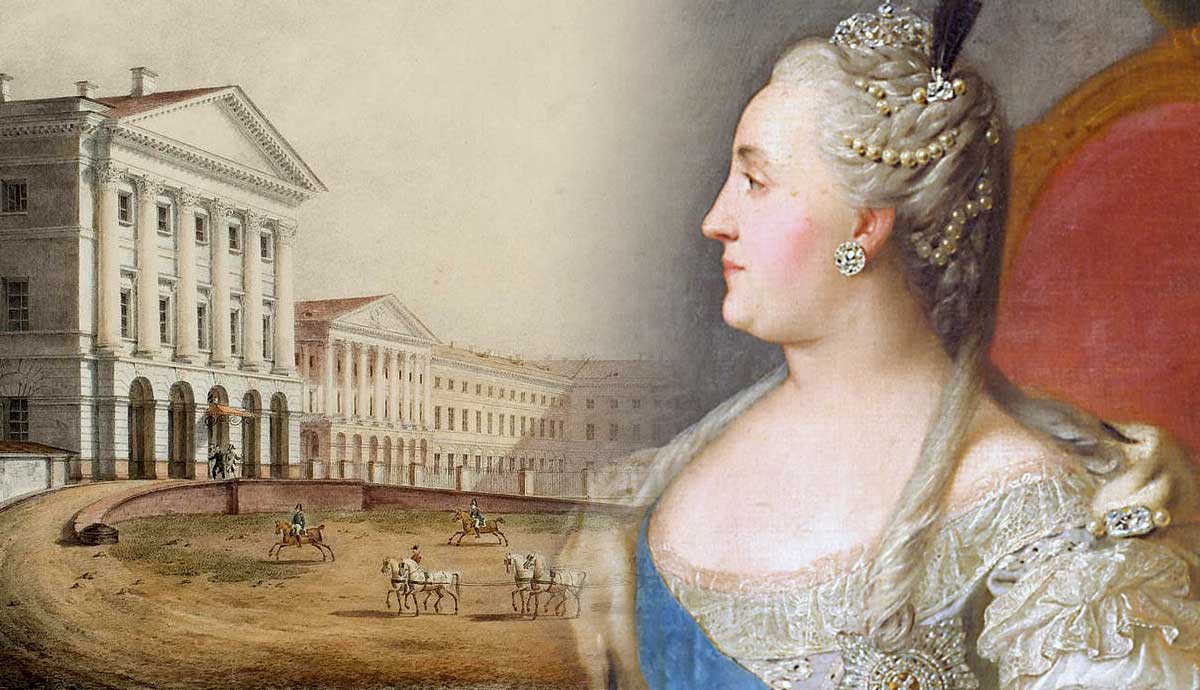
Field Marshal Alexander Suvorov is considered among Russians to be the greatest general in Russian history. An eccentric individual who shared in the hardships of his men on campaign, he fought over 70 military engagements in his career and was never defeated once. While he spent most of his career fighting Poles and Turks, Russia’s traditional enemies, he is also known for a brilliant campaign in Italy and Switzerland near the end of his career during the French Revolutionary Wars in 1799, even though the campaign ended in strategic defeat.
“Hurrah, Field Marshal!”

In March 1794, in response to dissent in the Polish army following the Second Partition of Poland, the Polish general Tadeusz Kościuszko, a veteran of the American Revolutionary War, raised the flag of rebellion against Russian and Prussian occupation forces. A Russian army advancing on Kościuszko’s base at Kraków was defeated at Racławice in early April, inspiring a series of uprisings throughout Poland, including the massacre of 4,000 Russian troops in Warsaw.
By the summer, the Prussian army captured Kraków unopposed, and a combined Russo-Prussian army was laying siege to Warsaw, but an uprising in western Poland compelled the besiegers to lift the siege by the end of August. Empress Catherine the Great of Russia decided to send reinforcements under 64-year-old General Alexander Suvorov, who defeated Polish armies in Belarus and eastern Poland on the way to the Polish capital.
By the time Suvorov reached Warsaw in early November, Kościuszko had already been defeated and captured by Ivan Fersen’s Russian army at the Battle of Maciejowice on October 10. On November 4, Suvorov and Fersen’s joint force captured the suburb of Praga on the eastern bank of the River Vistula in a quick and concentrated assault. The Russian army proceeded to massacre over 10,000 civilians against Suvorov’s orders.
This brutal demonstration weakened the morale of the defenders of Warsaw, enabling Suvorov to capture Warsaw with little opposition. In a three-word report to the empress, Suvorov declared, “Hurrah, Warsaw’s ours!” Catherine promoted her commander in her equally laconic reply, “Hurrah, Field Marshal!”
The Young Officer

Alexander Vasilyevich Suvorov was born into a noble family in Moscow in November 1729 (or 1730). He was a sickly child, and his father, General Vasily Suvorov, assumed that the boy would only be fit for a career in the civil service.
Suvorov was an intelligent child and soon learned to read French, German, Italian, and Polish. He was interested in military affairs, studied the works of several military authors, including Plutarch, Julius Caesar, and Charles XII, and tried to strengthen his constitution through exercise. When Suvorov was 12 years old, he met with General Abram Petrovich Gannibal—the African great-grandfather of the poet Alexander Pushkin—who was impressed with the boy and convinced his father to allow Alexander to pursue a military career.
Suvorov enlisted as a private in the Semyonovsky Lifeguard Regiment in 1742 and began his active service in 1748. He received his baptism of fire in 1756 during the Seven Years’ War (1756–63), fighting against the Prussians under Frederick the Great and participating in the battles of Kunersdorf, Berlin, and Kolberg.
After the victory at Kunersdorf in 1759, Field Marshal Pyotr Saltykov refused to pursue the fleeing enemy or continue towards Berlin. Suvorov is supposed to have remarked to his commanding officer that he would march on Berlin if he were commander in chief, and Saltykov’s failure to do so enabled Frederick to reorganize his army to fight another day.
A Rising Star

In 1762, Suvorov was promoted to colonel in recognition of his conduct during the Seven Years’ War. The death of Empress Elizabeth of Russia at the end of the year led to the accession of Tsar Peter III, an admirer of Frederick the Great, who withdrew the Russian armies from the coalition against Prussia.
Although Peter’s wife Catherine overthrew him in the summer of 1763 to become Empress Catherine II, Russia remained on good terms with Prussia. In 1764, the two nations signed a new treaty that would make Catherine II’s former lover, Stanislaw Poniatowski, the king of Poland. This led to the creation of The Bar Confederation, an association of Polish-Lithuanian nobles who were against Russian political influence in the Polish–Lithuanian Commonwealth.
The confederation declared war on Russia in 1768. Now an experienced soldier, Suvorov served as brigadier general in the conflict with Poland. He dispersed the Polish forces led by Casimir Pulaski at Orzechowo in 1768 before defeating a Polish army commanded by the French officer Charles-François Dumouriez at Lanckorona in 1771.
By April 1772, Russian forces captured Kraków Castle, leading to the First Partition of Poland between Austria, Prussia, and Russia. Suvorov was promoted to major-general and gained a reputation as an unconventional tactician who did not always follow the orders of his superior commanders.

In 1768, when Russian troops captured the fortress of Bar, a group of Polish confederates fled across the border into the Turkish Ottoman Empire. Among the troops in pursuit of the confederates were the Zaporozhian Cossacks, who clashed with Ottoman janissaries, triggering the Russo-Turkish War of 1768-74.
When Russian Field Marshal Pyotr Rumyantsev won a decisive victory over the Ottomans at Kagul (present-day Cahul, Moldova) in August 1770, Suvorov begged to be transferred to the Turkish front, but his wish was not granted until the end of the Polish War. Suvorov joined the Turkish theater in 1773 and distinguished himself at the Battle of Kozludzha on June 20, 1774, where he led 8,000 men to victory against an enemy force of 40,000.
The battle further established Suvorov’s reputation as a talented commander who was capable of showing initiative on the field, and he was promoted to lieutenant general. Soon after Suvorov’s victory, the Ottomans sued for peace, and the Treaty of Küçük Kaynarca of July 1774 was concluded in Russia’s favor.
Restoring Order

Empress Catherine the Great fully appreciated Suvorov’s talents, and after the end of the Turkish War, she dispatched Suvorov to join efforts suppressing the Cossack rebellion led by Emelyan Pugachev. Pugachev was a veteran of the Russian army who led the Yaik Cossacks in rebellion in 1773, claiming to be the assassinated Emperor Peter III.
The general made haste to Tsaritsyn and pursued Pugachev. By the time he arrived, the rebel leader had already been defeated on several occasions by General Ivan Mikhelson’s army, and Pugachev’s subordinates lost faith in their leader and turned him over to the authority. Suvorov had him put in an iron cage and sent to Moscow to be executed.
Subsequently, Suvorov served in Crimea and the Kuban from 1777 to 1783. After the end of the Russo-Turkish War, the Tatar Khanate of Crimea became a Russian protectorate. While the last Crimean Khan, Şahin Giray, was friendly to the Russian government, the Kuban Nogai Tatars remained hostile. After an insurrection by the Nogais in 1783, Catherine intervened in the conflict, and Suvorov occupied Crimea and the Kuban, which were incorporated into the Russian Empire.
In 1786, Suvorov was made a general of infantry at the age of 56. Despite his talents as a military leader, Suvorov’s advancement up the ranks was slow, and he believed that this was due to his eccentricities and inability to endear himself to the imperial court.
Scourge of the Turks

The Russian annexation of Crimea violated the terms of the Treaty of Küçük Kaynarca. By 1787, the Russians and Ottomans were at war again, with Austria joining Russia the following year. Suvorov served under the command of Prince Grigory Potemkin, and he found himself in the thick of the fighting at the Battle of Kinburn in October, where he was wounded twice and saved by a grenadier.
The Russian forces under Potemkin and Suvorov would go on to besiege Ochakov in May 1788. The cautious Potemkin disregarded Suvorov’s advice to launch an immediate attack, but after siege operations dragged on until December, the Russians finally took the city by storm.
In August 1789, Suvorov defeated the Ottomans at the Battle of Focşani in Moldavia alongside his Austrian ally Prince Josias of Coburg. However, by September, the Ottomans organized a force of 100,000 to attack the Austrians by the River Rymnik in Wallachia (southern Romania). Suvorov quickly marched to the Rymnik and took command of the combined forces. With only 25,000 men at his disposal, he led the coalition army to victory and was granted the title “Count of Rymnik” by Catherine the Great.
On December 22, 1790, Suvorov crowned his campaign against the Ottomans by the storming of Izmail, a fortress believed to be impregnable with a garrison of 40,000 Ottoman soldiers. Suvorov divided his force into five columns, one of which was led by his protégé Mikhail Kutuzov. Despite heavy losses, the Russians captured the city, leading the Ottomans to open peace negotiations. The Treaty of Jassy (Iași, Romania) of January 1792 recognized Russia’s annexation of Crimea.
Prince of Italy

After defeating the Kościuszko Uprising in Poland, Suvorov returned to Russia in 1795. The following year, Catherine the Great died and was succeeded by her son Paul I. Suvorov opposed Paul’s efforts to reintroduce Prussian-style uniforms and drills to the Russian army and was dismissed from service.
However, in 1798, Suvorov was recalled to service after Russia joined the War of the Second Coalition against the French Republic. Now allied with the Ottomans, Suvorov combined with Admiral Fyodor Ushakov to capture the Greek island of Corfu from French Republican forces over the winter of 1798-99.
After securing Corfu, Suvorov sailed to Italy and took command of an Austro-Russian army. The Italian peninsula was under French control after Napoleon Bonaparte defeated the Austrians in 1796-97. In 1799, Napoleon was campaigning in the Middle East, and Suvorov’s armies swept through Italy to defeat the French at the Adda (April 26-28), San Giuliano (May 16), the Trebbia (June 17-20), and Novi (August 15), where the talented young French general Barthélemy Catherine Joubert was killed. Suvorov was duly honored with the title Prince of Italy.
Having conquered most of Italy, Suvorov was keen to march on Paris, but the Austrians were fearful about the further extension of Russian influence and ordered Suvorov to reinforce General Alexander Rimsky-Korsakov’s Russian army in Switzerland.
With only 25,000 Russians under his command, Suvorov overcame French defenses in the Alps, but by the time he crossed into Switzerland Rimsky-Korsakov had already been defeated by General André Masséna at Zurich. A furious Tsar Paul I blamed the Austrians for the disaster and withdrew from the coalition.
An Immortal Legacy

While Suvorov was returning to Russia, Tsar Paul promoted him to generalissimo. However, by the time he arrived in St. Petersburg in early 1800, he had fallen into disfavor once again. The 70-year-old Suvorov fell ill and died on May 18, 1800. He was buried in the Church of the Annunciation at the Alexander Nevsky Lavra underneath a simple tombstone inscribed with the words “Here lies Suvorov.”
Less than a month after Suvorov’s death, on June 14, Napoleon Bonaparte defeated the Austrians at Marengo and reconquered Italy. Although Suvorov never faced Bonaparte in battle, he inspired a generation of Russian officers who would eventually defeat Napoleon.
Prince Pyotr Bagration, who commanded Suvorov’s vanguard in Italy, was one of the few Russian officers who emerged with a greater reputation after the 1805 campaign, which ended with the disastrous defeat at Austerlitz. During Napoleon’s invasion of 1812, he fought a series of crucial rearguard actions to delay Napoleon’s advance until he was mortally wounded at the Battle of Borodino on September 7.
Although General Kutuzov had been defeated at Austerlitz, in September 1812, he took supreme command of the Russian armies, leading a strategic retreat that allowed Napoleon to occupy Moscow, only for his army to perish during an infamous winter retreat. As the French retreated from Moscow in freezing temperatures, General Matvei Platov, who led one of the assault columns at Izmail, terrorized Napoleon’s men as commander of the Don Cossack cavalry.




